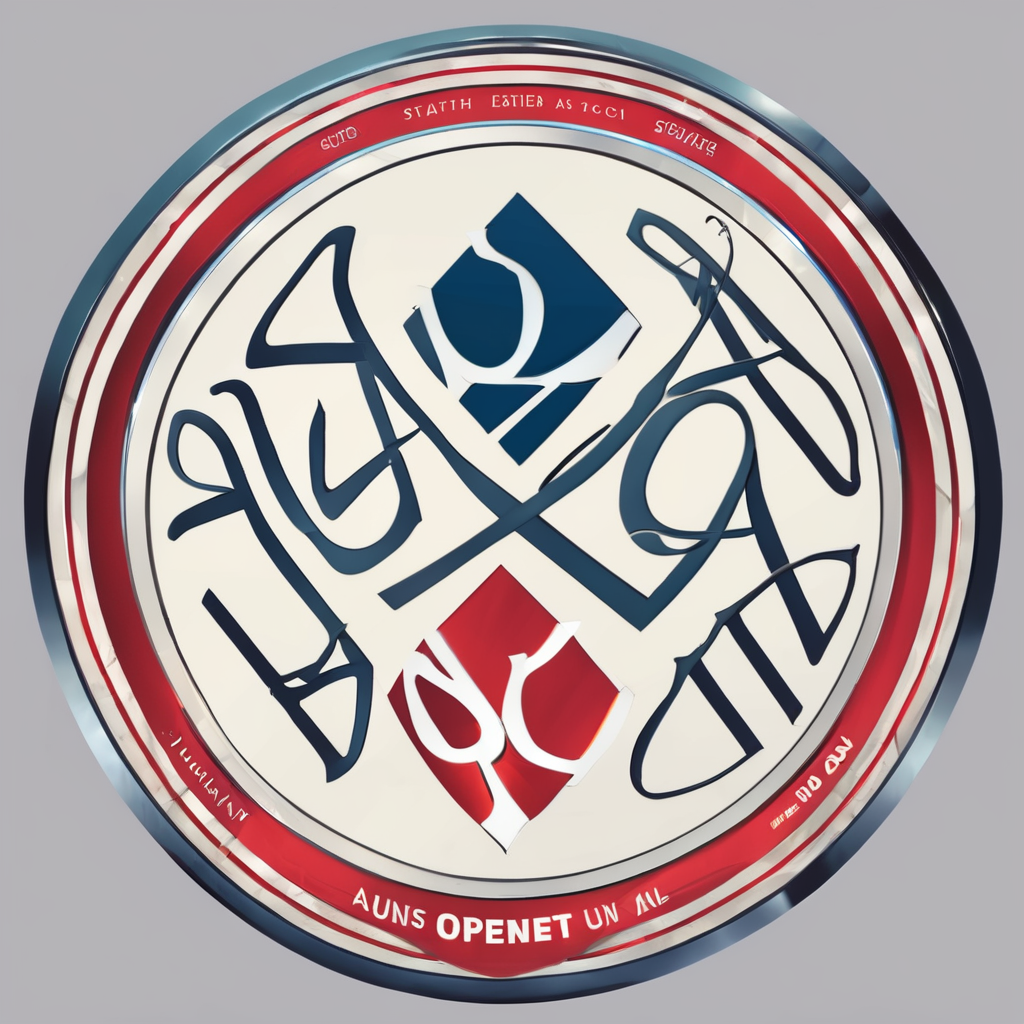Maintaining mental and physical resilience during long training camps is crucial for martial artists. Whether you practice Muay Thai, Wing Chun, or any other martial art, the demands on both the body and mind can be taxing. This article delves into the ways UK martial artists can sustain their resilience throughout extended periods of intense training. From practical techniques to mental health strategies, we explore the steps you can take to ensure you remain at your peak performance.
The Importance of Physical Training
When engaging in long training camps, the physical strain on the body is immense. Martial arts training methods like Thai training and close quarters combat sessions are designed to push you to your limits. However, it’s essential to strike a balance to avoid burnout and injury.
Developing a Structured Training Plan
Creating a well-rounded training plan is essential for building resilience. Incorporate various elements such as strength training, cardio, technique drills, and sparring sessions. A structured plan ensures that all aspects of your physical fitness are addressed. Consistency in your training regimen will help in laying down a solid foundation.
Example Plan:
- Monday: Strength training and technique drills
- Tuesday: Cardio and sparring sessions
- Wednesday: Rest or light activity
- Thursday: Technique drills and flexibility training
- Friday: Cardio and combat scenarios
- Saturday: Rest or light activity
- Sunday: Full training day
Recovery and Injury Prevention
Recovery is as crucial as the training itself. Listen to your body to prevent injuries. Implement recovery techniques such as proper stretching, foam rolling, and massages. Adequate sleep also plays a vital role in muscle recovery and overall physical health. If you experience chronic pain or persistent discomfort, consult a healthcare professional to avoid long-term damage.
Injury prevention strategies include:
- Dynamic warm-ups before workouts
- Proper technique during exercises
- Consistent hydration
- Balanced nutrition
Incorporating these strategies can make a significant difference in maintaining physical resilience throughout your training camp.
Mental Resilience: Handling the Psychological Demands
Mental resilience is equally crucial for martial artists. The psychological demands of long training camps can be overwhelming, leading to stress and fatigue. It’s vital to employ mental health strategies to stay focused and motivated.
Stress Management Techniques
Stress is inevitable during extended training periods. However, managing it effectively can prevent burnout and maintain your mental well-being. Techniques such as mindfulness, meditation, and breathing exercises can be incredibly beneficial. Practicing these regularly helps to calm the mind and reduce anxiety.
Example Techniques:
- Mindfulness Meditation: Spend 10-15 minutes daily practicing mindfulness. Focus on your breathing and be present in the moment.
- Breathing Exercises: Deep breathing techniques can help in relaxing the mind and reducing stress levels.
Setting Realistic Goals
Setting realistic goals can provide a sense of direction and purpose. Break down your long-term objectives into smaller, manageable tasks. This approach not only helps in achieving your targets but also keeps you motivated throughout the training camp.
Example Goals:
- Short-term: Improve your sparring technique over the next week.
- Mid-term: Achieve a new personal best in your cardio routine in the next month.
- Long-term: Earn your next belt level within the year.
Tracking progress through these goals keeps the training process engaging and less overwhelming.
Community and Support Systems
Having a support system within your martial arts gym can significantly impact your mental resilience. Engaging with fellow martial artists, sharing experiences, and offering mutual support can alleviate stress and build a sense of community. Additionally, discussing challenges and successes with your instructors can provide valuable insights and encouragement.
Nutrition and Hydration: Fueling Your Body
Maintaining a balanced diet and staying hydrated are fundamental aspects of sustaining both physical and mental resilience. The right nutrition fuels your body for intense workouts and aids in recovery.
Balanced Diet for Martial Artists
A well-balanced diet includes a variety of nutrients to support your training demands. Focus on a mix of carbohydrates, proteins, and fats, along with essential vitamins and minerals.
Key Nutrients:
- Carbohydrates: Provide the primary energy source for your workouts. Include whole grains, fruits, and vegetables in your diet.
- Proteins: Crucial for muscle repair and growth. Incorporate lean meats, fish, eggs, and plant-based proteins.
- Fats: Healthy fats are essential for overall health. Include sources like avocados, nuts, and olive oil.
Hydration Strategies
Staying hydrated is vital, especially during intense training sessions. Dehydration can lead to decreased performance and increased risk of injury. Make it a habit to drink water regularly throughout the day.
Hydration Tips:
- Drink water before, during, and after workouts.
- Incorporate electrolyte-rich beverages if training sessions are prolonged.
- Monitor your hydration levels by checking the color of your urine; it should be light yellow.
Long-Term Resilience: Looking Beyond the Training Camp
Building resilience is not just about surviving a training camp; it’s about developing habits that sustain you in the long run.
Consistency Over Intensity
Consistency beats intensity in the long run. It’s better to have regular, moderate sessions rather than sporadic, intense ones that leave you exhausted. Consistent training fosters both mental and physical resilience over time.
Life Beyond Martial Arts
While martial arts play a significant role in your life, balance is crucial. Engage in activities outside of training that you enjoy. This could be spending time with loved ones, pursuing hobbies, or simply relaxing. A balanced life reduces stress and enhances overall well-being.
Addressing Chronic Stress
If you find yourself dealing with chronic stress, it’s essential to address it promptly. Chronic stress can have severe implications on both your mental and physical health. Seeking professional help, engaging in stress-relief activities, and maintaining a healthy lifestyle can mitigate its effects.
Maintaining mental and physical resilience during long training camps requires a holistic approach. By focusing on structured physical training, stress management techniques, balanced nutrition, and long-term habits, UK martial artists can ensure they remain at their best. Building resilience is an ongoing process that extends beyond the confines of a training camp. With the right strategies in place, you can sustain your passion for martial arts while maintaining your overall health and well-being.
Incorporate these practices into your routine to see a marked improvement in your performance and mental state. Remember, resilience is not just about enduring; it’s about thriving in the face of challenges. Stay committed, stay healthy, and keep pushing your limits.











